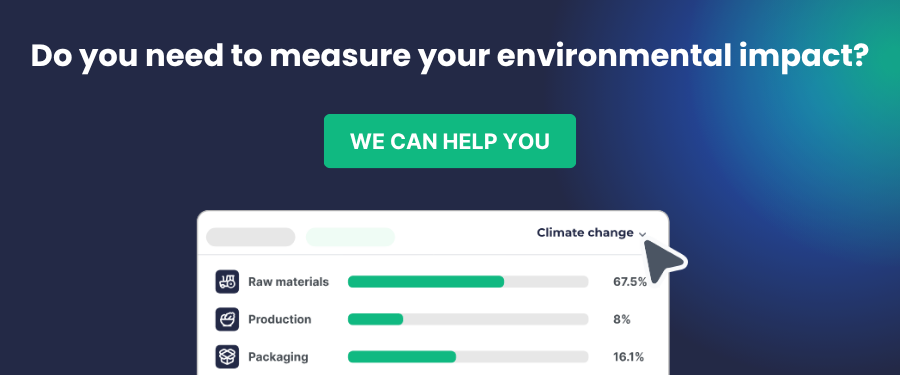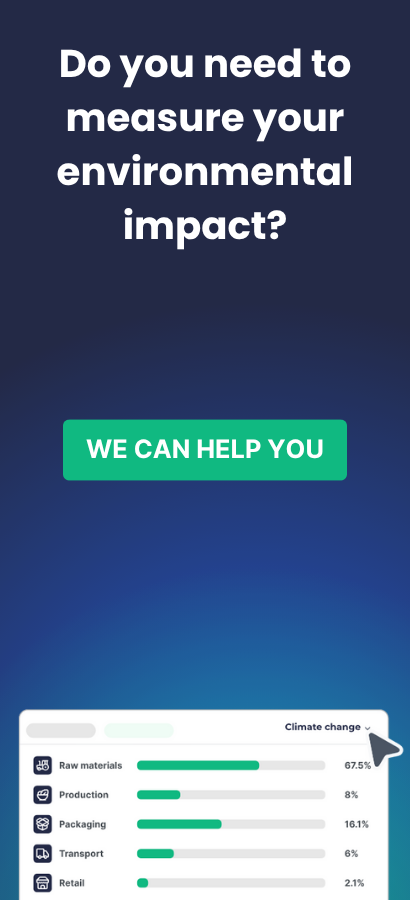ESG (Environmental, Social, and Governance) report verification is undergoing significant transformations as we approach 2025. These trends reflect a growing demand for transparency, accountability, and sustainability in the business world. Below are the key trends and regulatory changes shaping the ESG verification landscape in 2025.

1. Implementation of the CSRD Directive
The European Union’s Corporate Sustainability Reporting Directive (CSRD) will come into force on January 1, 2025, impacting large companies previously not subject to the Non-Financial Reporting Directive. These companies must submit sustainability reports in 2026 for the 2025 fiscal year. The CSRD expands the scope of companies required to report and establishes stricter standards for non-financial disclosures.
2. Increased focus on external verification
Demand for external verification of ESG reports is expected to rise, ensuring the accuracy and credibility of the information presented. Companies will seek recognized certifiers to validate their data and processes, thereby strengthening trust among investors and stakeholders.
3. Integration of advanced technologies
The adoption of technologies such as artificial intelligence and blockchain will facilitate the collection, analysis, and verification of ESG data. These tools will enhance transparency and efficiency in verification processes, reduce errors, and improve information traceability.
4. Focus on the supply chain
Companies will place greater emphasis on evaluating and certifying the ESG practices of their suppliers. Supply chain sustainability will become a critical area, with organizations striving to ensure that their business partners comply with established ESG standards.
5. Alignment with international standards
There will be a trend toward harmonizing ESG reports with internationally recognized standards, such as those established by the Global Reporting Initiative (GRI) and the Sustainability Accounting Standards Board (SASB). This alignment will enhance the comparability and consistency of reports on a global scale.
6. Increase in training and professional qualifications
The growing complexity of ESG reporting and new regulations will drive demand for professionals trained in sustainability. Certification programs in sustainable finance and ESG will become more widespread, equipping professionals with the skills needed to effectively manage and report non-financial information.
7. Transparency and proactive communication
Companies will adopt more proactive approaches to communicating their ESG initiatives, leveraging detailed reports and communication strategies to engage stakeholders and demonstrate their commitment to sustainability.
These trends highlight an evolving business environment where sustainability and corporate responsibility are paramount. Companies that adapt to these changes and adopt strong ESG practices will be better positioned to meet regulatory and market expectations in 2025 and beyond.



